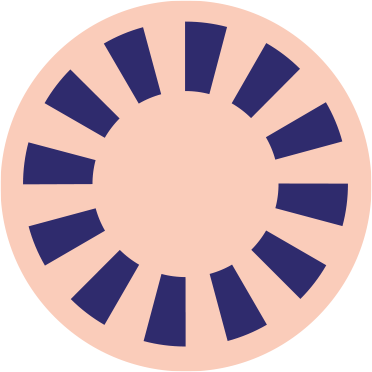What is the HEI Approach?
Inspired by Finland’s approach to early childhood education, we take the best that Finland has to offer and combine it with other best practices in our progressive, emerging pedagogy. We continuously update our pedagogy based on the latest in educational research, which is provided by our academic partner, the University of Helsinki. Together, we educate children who will change the world.
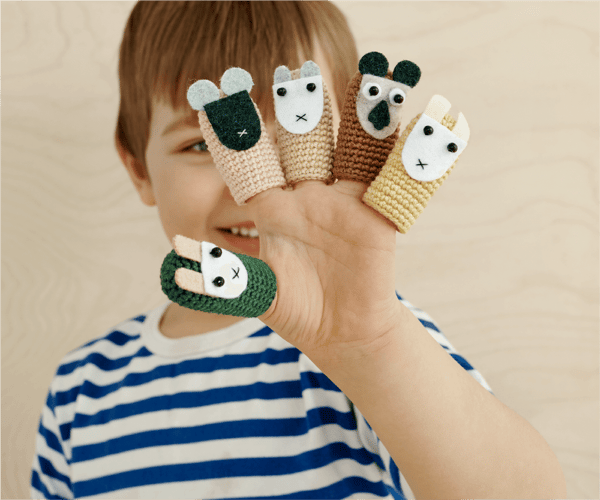
Main concepts in HEI Schools Pedagogy
Concept 1.Holistic learning and development
We view children as unique individuals with their own ideas, thoughts and needs and we therefore prioritize children’s wellbeing, both physical and emotional, along with building their competencies. We foster their participation and autonomy, teach them how to take care of themselves and others and develop their social-emotional abilities so that they learn the skills for life.
Concept 2.Sustainable practices
We believe that all aspects of education should involve practices that are lasting and caring for the community. Sustainability encompasses many areas of life, from social practices like incorporating the local culture and teaching children compassion, to ecological considerations like developing children’s relationship with nature and their willingness to actively care for the environment.
Concept 3.The importance of teachers
At HEI Schools, we strongly believe that teachers matter. We recognize teachers as educators and as experts in their field. The curriculum is only as good as the teacher implementing it, so all teachers should be well-trained in research-based methods and engage in ongoing teacher training and development to deliver quality education. Through our training, teachers become independent, creative professionals confident in their skills and capable of collaborating and building professional communities with other educators.
Concept 4.Learning everywhere and all the time
Children’s learning is not limited to specific activities or the classroom. Rather, every situation and moment is a chance to learn something new! At HEI Schools, teachers are trained to recognize these moments and increase learning opportunities. We also designed the learning spaces based on educational research to foster these moments because the environment also plays an important role in the children’s everyday learning experiences.
Concept 5.Play as a way to learn
Play is the most natural way for children to learn and it's a prerequisite for their development. During play, children display their overall development, even performing a level above their developmental stage because they are motivated to learn and unafraid to take risks. At HEI Schools, our curriculum and teachers know how to foster play and enrich these important opportunities for further learning.We also value the intrinsic value of play and prioritize free play without adult involvement. We see it as an opportunity for the children to collaborate with each other, explore their surroundings, practice solving problems and practice creativity.
Concept 6.The social experience of learning
Knowledge is socially constructed, which means that children learn through their relationships with others. Building a sense of community, peer learning and developing meaningful relationships with other children and trusted adults are key elements of the HEI Schools pedagogy. Through these moments, children learn the social-emotional skills necessary to express themselves and effectively interact with others in all types of situations.
Concept 7.Learning through exploration
Children also learn through guided exploration, and this is achieved by completing projects. “Inquiry-based learning,” is part of our educational approach, and it involves a collaborative effort between children and teachers. Teachers are trained to carefully observe children's questions, wonderings and interests and to use these clues to guide the learning. Children, in turn, exercise their agency by choosing project themes, asking questions and exploring new subjects together with their teachers.
Concept 8.Transversal skills and learning areas
Lifelong learning begins in the early years, and transversal competencies are a combination of knowledge, skills, values and attitudes, as well as the ability to use such knowledge in different situations. At HEI Schools, we teach children how to apply their current knowledge in new contexts through playful methods, movement, exploration, daily routines and self-expression so that they become confident learners capable of adapting to and transforming any setting.
Learning areas in the HEI Curriculum that foster 21st century skills
Learning forms of expressions
We familiarize them with different art forms and their cultural heritage. We offer children opportunities to express themselves through musical activities, visual arts & crafts and bodily verbal expression.
Exploring and Interacting with the world around us
Exploration and curiosity are key elements of learning. We promote children’s natural abilities to observe, analyze and understand the world around them. We support the development of children’s linguistic and mathematical skills through different everyday activities. We strengthen children’s relationship with nature and the surrounding environment through science and environmental education.
Understanding the world we live in
We support children in understanding the diversity in their local community, as well as the practices that activate respect for diversity. We support children’s growth as conscious human beings and help them to understand what it means to be an ethically responsible member of society.
Practicing a healthy way of living
We focus on building a strong foundation for a healthy way of living which consists of physical activity, nutrition, rest, self-care, and care of others. This learning area supports other learning areas and helps children manage their daily life and routines.
Tailored learning for each age group in the HEI Curriculum
Bright Babies
(6 months - 1 year old)
Tiny Tots
(1 - 2 years old)
Eager Explorers
(3 - 4 years old)
Lively Learners
(5 - 6 years old)
How does the Finnish education model compare to...
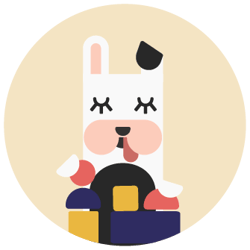
Montessori
Both take a child-focused approach, but Montessori highlights individual learning.

Reggio Emilia
Both value the inquiry-based approach, but Reggio Emilia has less guidelines.

IB PYP
Both acknowledge the central role of the learner and value transdisciplinary learning.

Conventional ECE
Pen and paper versus play, academic focus versus holistic approach and more.
Learn how HEI Approach can be implemented at your kindergarten
Get in touch with us and we will be happy to tell you more about the HEI Pedagogy and Curriculum and how they could be implemented at your kindergarten/preschool.
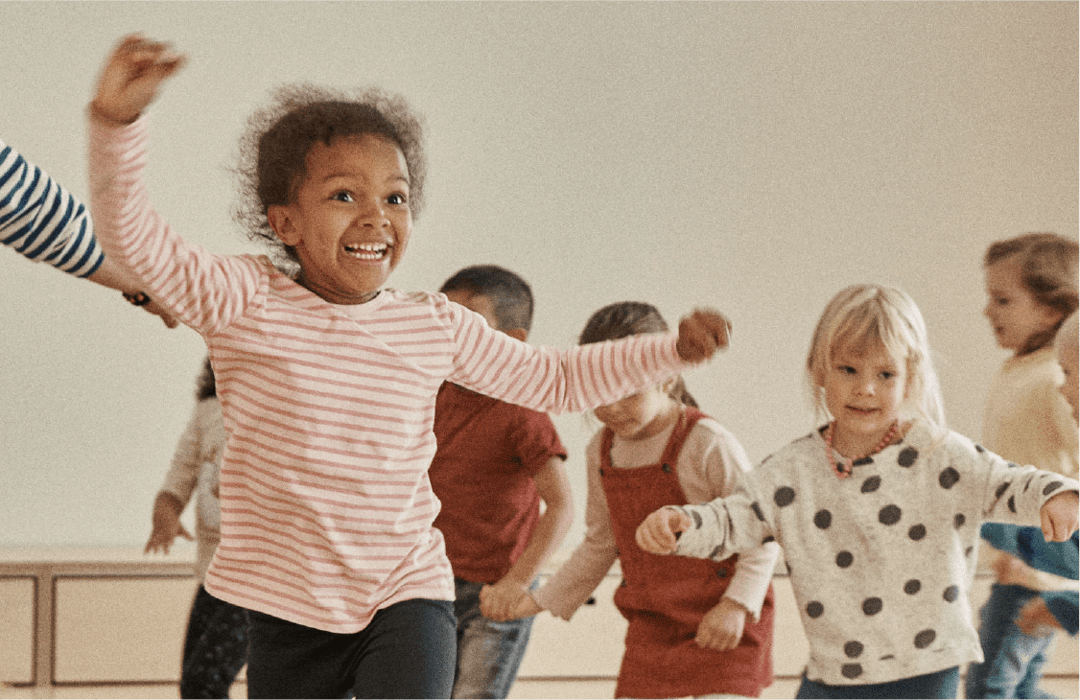
Learn more about Finnish education
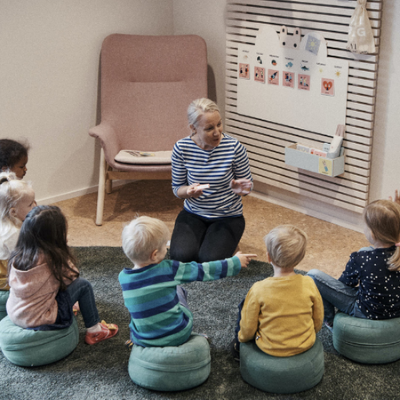
What makes Finnish ECE so excellent?
Studies have shown that early childhood education has a profound impact on an individual’s learning ability for years to come. In Finland, ECE is considered a social service and as such, at least one year of pre-primary education is compulsory.
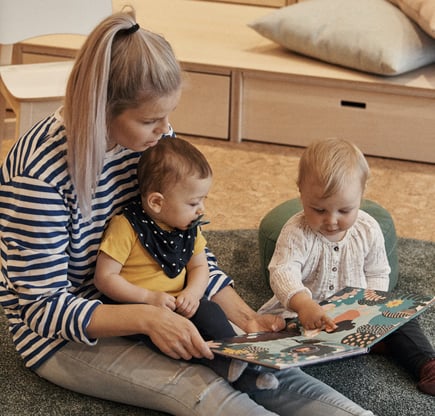
Early Learning for Babies and Toddlers
Finnish early childhood education emphasizes viewpoints from the child’s perspective. The Finnish education system combines the best and latest learning philosophies, models, practices with continuous development, to meet the highest standards in education.
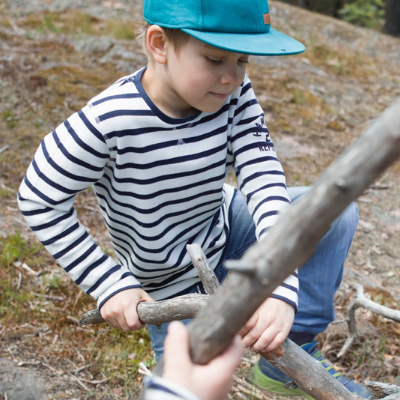
Your child's learning experience
HEI Schools uses a holistic approach, paying close attention to children's social-emotional, physical, creative and cognitive growth. Learn more about our curriculum, developed to support children being the active agents in their own learning and development.






